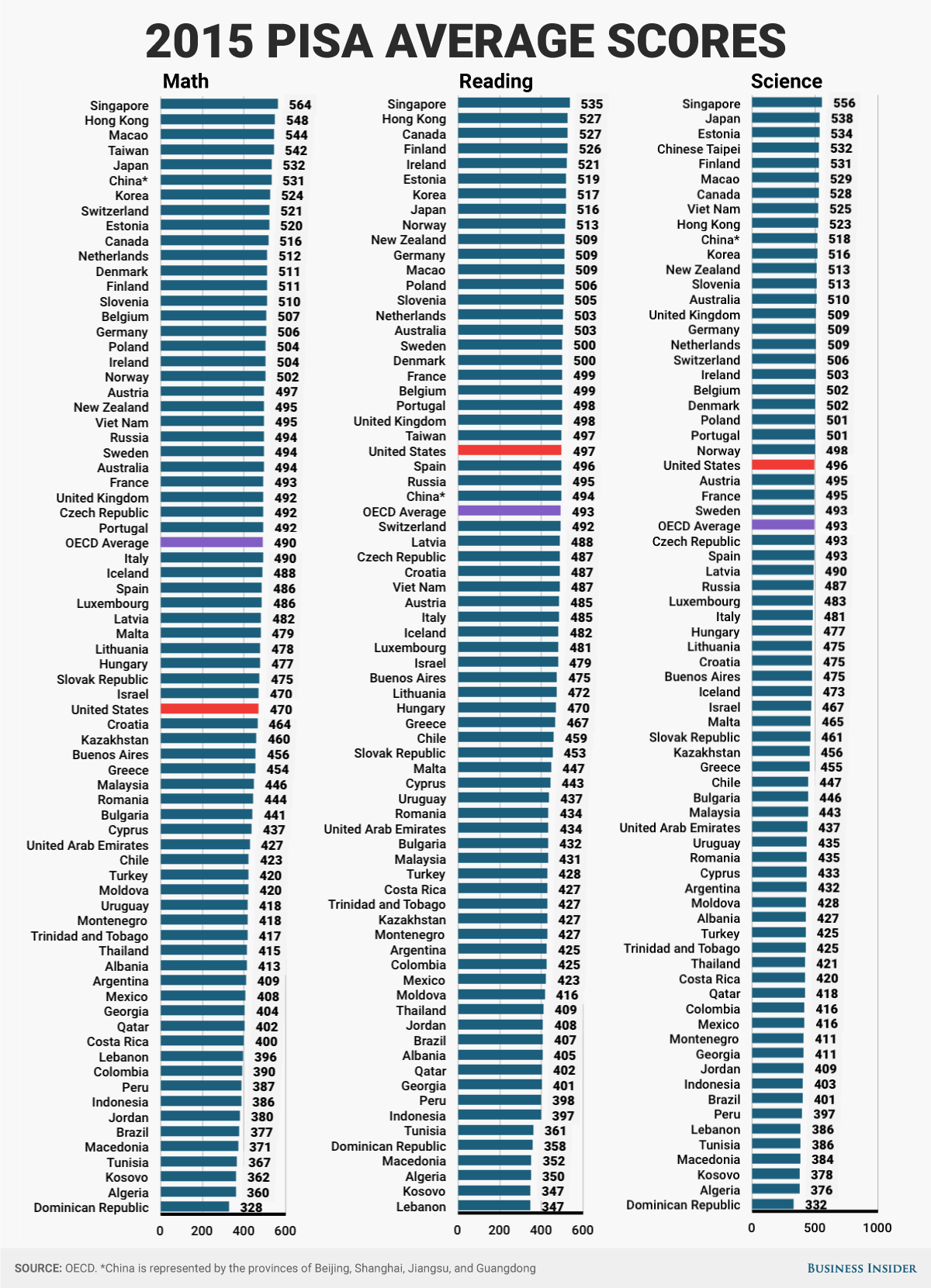
The new measure I am including in the Starting Point Measurements is Self-Esteem. Or more precisely: how distorted your self-esteem is.
Esteem, the word, comes from the Latin appraise, estimate, measure the value of, the size of... through French and Middle English (as a noun in the sense ‘worth, reputation’): from Old French estime (noun), estimer (verb), from Latin aestimare ‘to estimate.’ The verb was originally in the Latin sense, also ‘appraise’ (compare with estimate), used figuratively to mean ‘assess the merit of.’ Current senses date from the 16th century.
So Self-Esteem is how you think your size is compared to others, compared to a standard.
80% of the people, who have a distorted (inaccurate) sense of themselves, overestimate themselves. This also differs by countries... a lot. For example, Koreans underestimate themselves, and therefore work diligently to measure up.
Not surprisingly, countries with the lowest Ambition number are highest on the overestimation scale... "If I am so wonderful already, why should I want to be more wonderful... says the unconscious culture of these countries.
CLICK TO CONTINUE
No comments:
Post a Comment